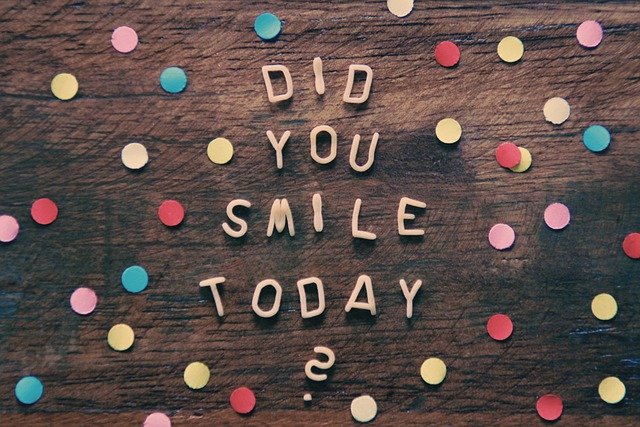The CDC reports that mental health is one of the most prominent health conditions in the US, with more than 50% of US adults requiring therapy at some point in their lives. Considering how common mental health conditions are, it’s surprising and unusual that such a high level of mental health stigma exists in our society today.
One study revealed that 98% of people agree that mentally ill people experience discrimination and stigma. Another study reported that 90,000 people across the world chose not to seek treatment for their condition because of the stigma attached to mental illness.
The numbers just don’t seem to add up…
To help make sense of the figures, we’re creating a three-part series on the stigma surrounding mental health. Whether you specialize in treating patients with depression or another mental illness, you can use it to better understand and connect with them.
What is mental health stigma?
Mental health stigma is when society disapproves of or shames people who live with a mental illness or reach out for help. It can affect any type of mental illness, from common conditions such as anxiety to lesser-prevalent conditions, such as bipolar disorder.
The stigma can come from friends, family members, colleagues, and classmates, as well as society in general. It often prevents people who live with a mental illness from seeking the help they need, being part of the community, and enjoying happy lives.
Mental health stigma most commonly stems from generalized beliefs which are usually incorrect, offensive, and negative. These false stereotypes allow people to make rapid judgments about others based on a handful of inaccurate characteristics, which they then associate with anyone who falls into that group.
For example, people with anxiety are often wrongly seen as introverted, weak, and cowardly, while people with ADHD are considered to be loud, lazy, and inconsiderate.
Another false belief about people with mental illness is that they’re all dangerous or violent. In fact, the opposite is true. Only a small minority of people with mental illness commit violent acts. The truth is that they’re ten times more likely to be victims of crimes. Instead of trying to protect ourselves from them, they’re the ones we should be protecting.
One of the most common worries among people with mental health conditions is being labeled as “crazy” for wanting to talk to a therapist. None of the above characterizations are valid. On the contrary, they’re all misinformed, hurtful, and deter people from getting the help they deserve.
Why does it exist?
There are several reasons mental health stigma exists. The most common reason is a lack of understanding because of ignorance or misinformation. Despite it being so prevalent throughout the world, mental illness is still seen as some kind of taboo and rarely discussed openly outside a therapy environment.
Mental health stigma can also be caused by having unwarranted negative beliefs or attitudes toward it, resulting in prejudice. Again, because mental health conditions are something not frequently spoken about, people can often have the wrong idea about conditions and the people who live with them.
The media often encourages the stigma around mental health by regularly portraying inaccurate stereotypes. It also frequently sensationalizes situations by making unnecessary references to mental illness and using hostile, demeaning language to talk about conditions and the people who live with them.
Why it’s important
Acknowledging that there is a stigma associated with mental illness is the first step. Understanding the reasoning behind it is the second. Through acknowledgment and understanding, you can gain a better perspective of how your patients feel and why they may sometimes feel uncomfortable attending sessions, especially their first.
No matter what condition your patients are living with, it’s likely they experience some kind of mental health stigma at school, work, with friends, or even at home. It’s your responsibility to provide them with a safe and reassuring environment. They need to know that no matter what the rest of the world may believe, you treat them as a valuable human being who is just as important as everyone else on the planet.
Part 1 of 3
This is part one of a three-part series. Remember to check back for part two when we’ll discuss the impact mental health stigma has on people suffering from mental illness and their families.
About the author: Sonya Parrott
Sonya is a Marriage and Family Therapist with over 13 years of experience in the mental health field. Her background includes working with Families, Adults, teens, and children in individual, family, couple, and group settings. She has extensive experience and training in the areas of Anxiety, Depression, Substance Use, Post Traumatic Stress, Family conflict, and Codependency.


